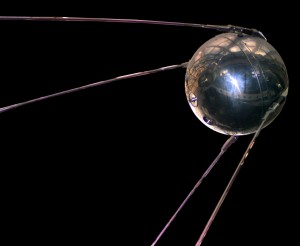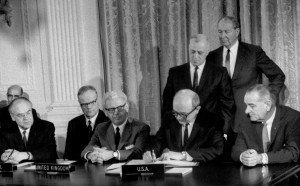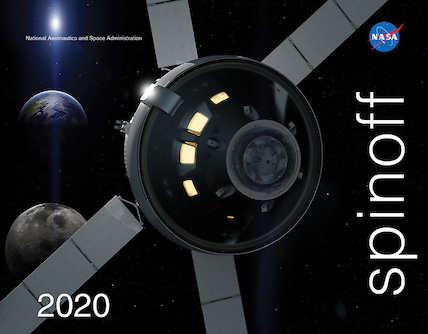World Space Week is a United Nations-endorsed event observed every year from 4 to 10 of October all around the globe.
Since 2019, New Zealand Astrobiology Network is the National Coordinator of the World Space Week in New Zealand.
“The General Assembly declares 4 to 10 October World Space Week to celebrate each year at the international level the contributions of space science and technology to the betterment of the human condition” – UN General Assembly resolution, 6 December 1999
World Space Week is an international celebration of science and technology, and their contribution to the betterment of the human condition. The United Nations General Assembly declared in 1999 that World Space Week will be held each year from October 4-10. These dates commemorate two events:

October 4, 1957: Launch of the first human-made Earth satellite, Sputnik 1, thus opening the way for space exploration

October 10, 1967: The signing of the Treaty on Principles Governing the Activites of States in the Exploration and Peaceful Uses of Outer Space, including the Moon and Other Celestial Bodies.
Where and how is World Space Week celebrated?
World Space Week consists of space education and outreach events held by space agencies, aerospace companies, schools, planetaria, museums, and astronomy clubs around the world in a common timeframe. These synchronized space events attract greater public and media attention.
World Space Week is coordinated by the United Nations with the support of the World Space Week Association (WSWA). The WSWA leads a global team of National Coordinators, who promote the celebration of World Space Week within their own countries.
Why is World Space Week celebrated?
We inform and educate about the benefits we receive from space, encourage greater use of space for sustainable development and excite young people about science, technology, engineering and math. We also aim to connect people who are interested in space with those who are actively engaged in it.
Of course World Space Week is also a great opportunity to foster international cooperation in space outreach and education.
What’s in it for me?
Join in and connect with the global community of space enthusiasts and space professionals.
Support World Space Week, help us spread the word, and keep in touch with the latest space spin offs.
Our modern life is the product of space technologies.
When we use infrared ear thermometers, invisible braces, or scratch resistant lenses, we have space spin offs to thank for. Other amazing improvements on our daily lives such as portable cordless vacuums, air filters, food safety, artificial limbs, anti-icing systems on aircraft, water purifiers, the famous satellite TV, and safer highways. The list can go on.
The latest issue of NASA’s Spinoff publication features dozens of NASA innovations improving life on Earth. Credit: NASA
NASA has a dedicated website Spinoff where each year they highlight NASA technologies that are benefiting life on Earth in the form of commercial products. They have profiled nearly 2,000 spinoffs since the publication began in 1976 — there’s more space in our life than we think!
The European Space Agency has its list too and they call it ‘technology transfer programme‘.
Space is everywhere!

